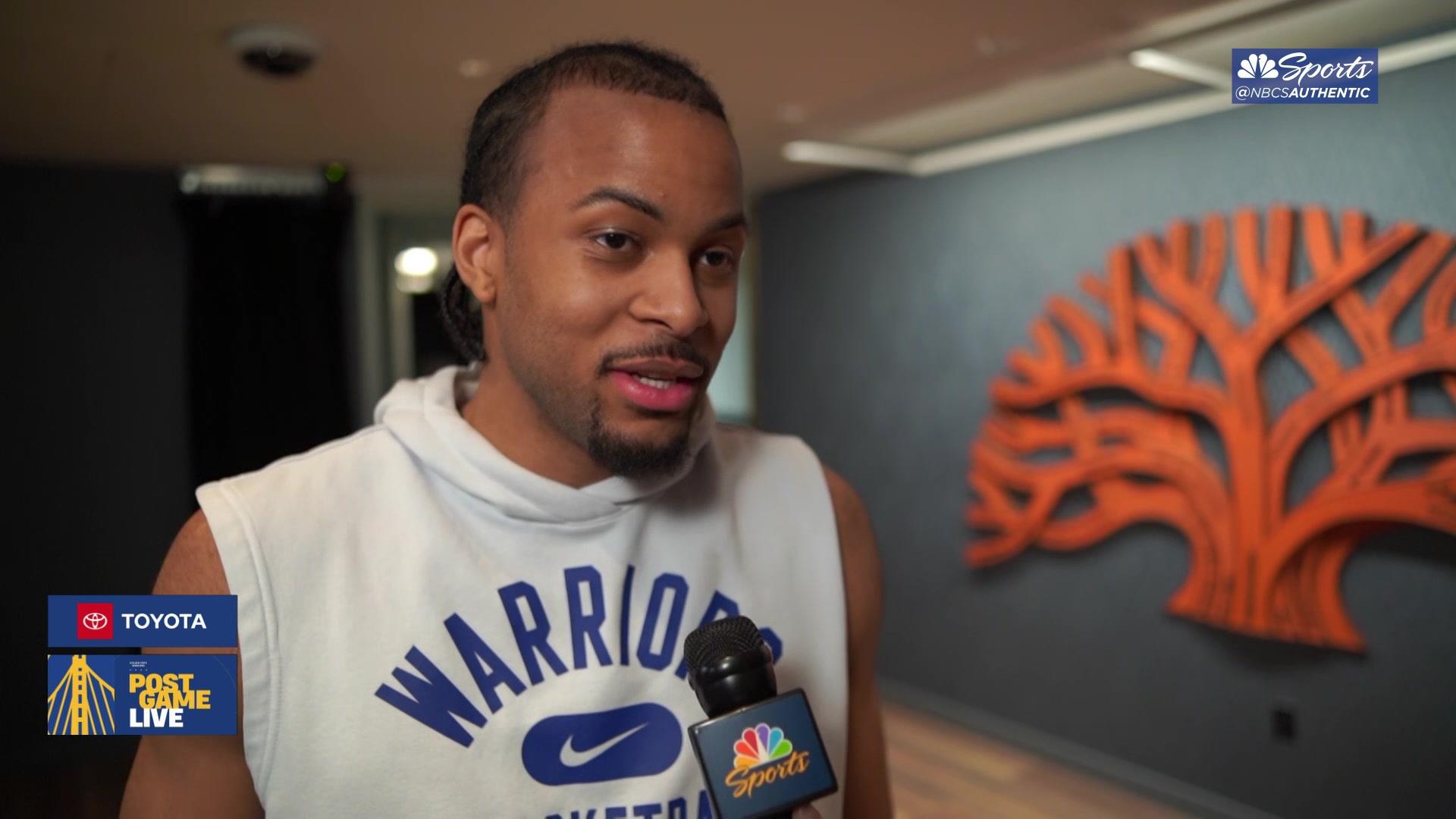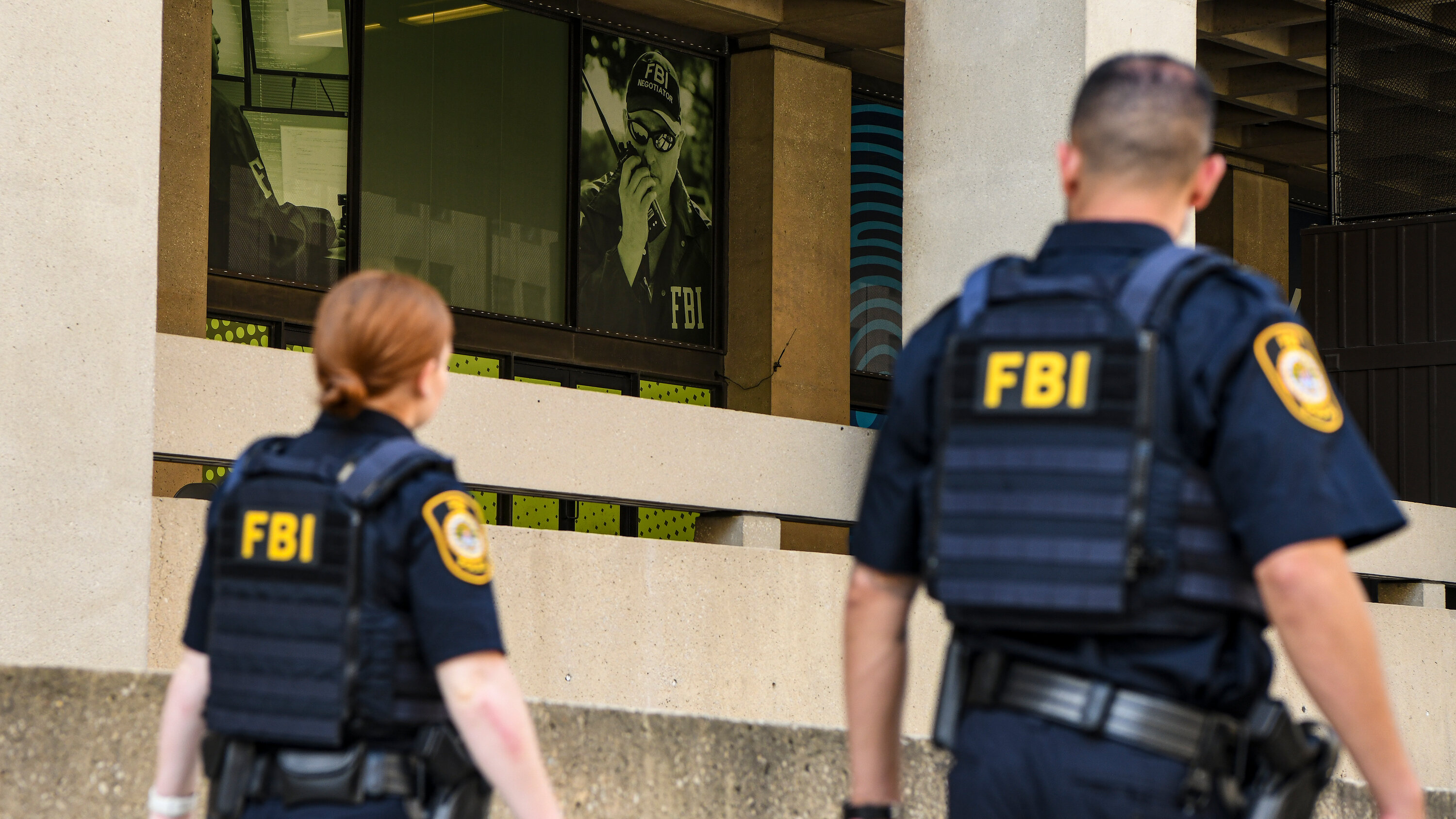Activision Blizzard Deal Faces FTC Appeal: Future Uncertain

Table of Contents
The highly anticipated acquisition of Activision Blizzard by Microsoft is facing significant headwinds. The Federal Trade Commission's (FTC) appeal throws the future of the Activision Blizzard deal into serious question, creating uncertainty for gamers, investors, and the gaming industry as a whole. This monumental merger, initially valued at $69 billion, now hangs precariously in the balance, leaving many wondering what the future holds for one of the world's largest gaming companies.
<h2>The FTC's Case Against the Activision Blizzard Deal</h2>
The FTC's core argument against the Activision Blizzard deal centers on its potential to stifle competition within the gaming market. The commission argues that Microsoft's acquisition of Activision Blizzard, a company boasting iconic franchises like Call of Duty, World of Warcraft, and Candy Crush, would give Microsoft an unfair competitive advantage. The FTC claims this consolidation of power could lead to several anti-competitive practices, harming consumers in the long run.
- Reduced competition in the console gaming market: The FTC fears Microsoft could leverage its ownership of Activision Blizzard to restrict access to key titles like Call of Duty on competing consoles, potentially giving its Xbox platform an insurmountable advantage.
- Potential for higher game prices: The reduced competition could lead to artificially inflated prices for Activision Blizzard games, making them less accessible to consumers.
- Limited consumer choice: Exclusive deals and limited availability on competing platforms could drastically reduce consumer choice and limit the variety of gaming experiences available.
- Impact on game development and innovation: The FTC worries that Microsoft's control over Activision Blizzard could stifle innovation and the development of competing games, harming the overall gaming ecosystem.
<h2>Microsoft's Response and Defense Strategy</h2>
Microsoft has vehemently defended the acquisition, arguing that it will benefit gamers and the industry as a whole. They contend that the FTC's concerns are unfounded and have proposed several remedies to address the commission's anxieties. A central aspect of Microsoft's defense is its repeated commitment to keeping Call of Duty multi-platform.
- Long-term contracts to ensure Call of Duty availability on other consoles: Microsoft has offered binding contracts to ensure Call of Duty remains available on PlayStation and other competing platforms for a significant period.
- Investment in game development and innovation across platforms: Microsoft insists it will invest further in game development and innovation, bringing more titles to a wider range of platforms, rather than limiting access.
- Arguments against the FTC's market definition and analysis: Microsoft challenges the FTC's definition of the relevant gaming market and its analysis of the potential anti-competitive effects of the merger.
<h2>The Appeal Process and Potential Outcomes</h2>
The FTC's appeal against a judge's decision to allow the merger is currently underway. This legal battle will likely involve several stages, including briefs, oral arguments, and a final ruling. The potential outcomes are threefold:
- Upholding the FTC's injunction: The appeals court could uphold the FTC's initial injunction, blocking the merger entirely.
- Rejecting the appeal and allowing the merger: The court could reject the FTC's appeal, clearing the path for the acquisition to proceed as planned.
- Modifications to the deal: The court might order modifications to the deal, perhaps requiring Microsoft to make further concessions to address the FTC's concerns. This could include stricter stipulations regarding Call of Duty availability or other remedies.
This process will likely take considerable time, resulting in delays that affect Microsoft's gaming strategy, Activision Blizzard employees, and stakeholders. Legal precedents from similar cases involving large mergers and acquisitions will play a crucial role in shaping the outcome.
<h3>Impact on Gamers and the Gaming Industry</h3>
The outcome of the Activision Blizzard deal will significantly impact gamers and the gaming industry. Potential consequences include changes to game pricing, accessibility, and the future development of popular game franchises. The competitive landscape could be dramatically altered, potentially leading to a less diverse market. The uncertainty also opens the door to speculation about alternative acquisitions or partnerships involving Activision Blizzard should the Microsoft deal fail.
<h2>Conclusion: The Future of the Activision Blizzard Deal Remains Uncertain</h2>
The FTC's appeal significantly clouds the future of the Activision Blizzard deal. The arguments presented by both sides highlight the complex issues surrounding large-scale mergers in the gaming industry. The potential outcomes – a blocked merger, an unaltered acquisition, or a modified agreement – all have significant ramifications for gamers, developers, and the overall competitive landscape. The future of this monumental Activision Blizzard deal remains uncertain, so continue monitoring developments for clarity. Stay informed about the ongoing legal proceedings and news updates to understand the evolving situation. The impact of this decision will be felt throughout the gaming industry for years to come.

Featured Posts
-
 Nba Investigates Ja Morant Report Details New Incident
Apr 24, 2025
Nba Investigates Ja Morant Report Details New Incident
Apr 24, 2025 -
 Nba All Star Game Draymond Green Moses Moody And Buddy Hield Participate
Apr 24, 2025
Nba All Star Game Draymond Green Moses Moody And Buddy Hield Participate
Apr 24, 2025 -
 Fbi Investigation Massive Office 365 Hack Costs Millions
Apr 24, 2025
Fbi Investigation Massive Office 365 Hack Costs Millions
Apr 24, 2025 -
 China Diversifies Lpg Sources Middle East Replaces Us Amid Trade Tensions
Apr 24, 2025
China Diversifies Lpg Sources Middle East Replaces Us Amid Trade Tensions
Apr 24, 2025 -
 Gambling On Calamity Examining The Trend Of Betting On Events Like The Los Angeles Wildfires
Apr 24, 2025
Gambling On Calamity Examining The Trend Of Betting On Events Like The Los Angeles Wildfires
Apr 24, 2025
